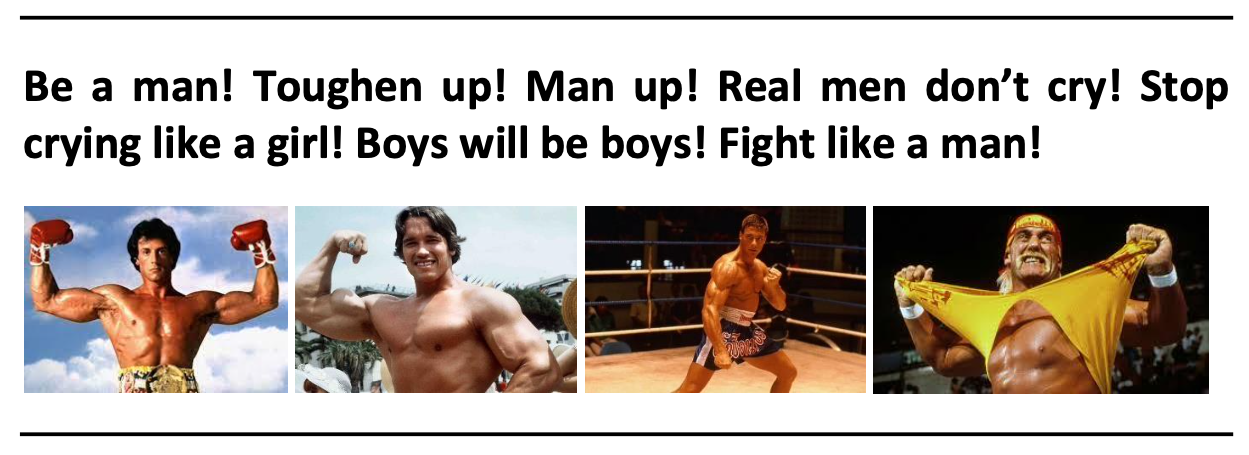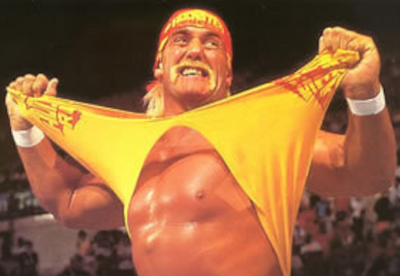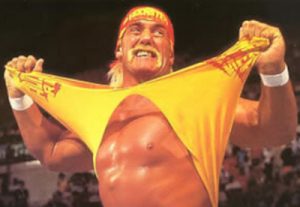Adam Kreuzer, Registered Counsellor (ACA 15714) | Therapist | HR Consultant Dorfen Health Services – September 2022
Toxic masculinity is alive and well in Australian professional sport and this is still having a major impact on the performance outcomes, results, mental health, and wellbeing of many Australian male athletes in 2022. Bold statement one may think but it’s true, nonetheless. The shadows of masculine expectations from the past loom large over many of us still to this day and continue to do damage to our self-esteem, sense of self-worth and mental health.
According to a 2020 report published by the Rainbow Health Victoria, there was a National Secondary Students and Sexual Health survey conducted in 2019 which reported that a growing number of young people identify as bisexual — 11% of male participants to be specific1. If you accept the argument that football teams are representative of the broader communities that they are part of, one can draw the assumption that there could be approximately 11% of male footballers who identify as bisexual, without considering data accuracy and other impacting factors. From a team perspective, this equates to approximately 2 players per senior team who could be in this category and 36 senior players across the 18 AFL teams.
If there is the possibility that this amount of senior AFL players identify as bisexual, what is holding them back from being open, transparent, and authentic about their sexual identity with their teammates, coaches, and their clubs more broadly? If I was a betting man, I would be putting my hard-earned cash on the prevalence of toxic masculinity being a key inhibitor and fear factor for bisexual AFL players to live openly and freely in public and private in line with their sexual identity and preferences. I will have more to say about this in future articles. Watch this space.
Let’s be clear. Eliminating toxic masculinity from Australian sport has absolutely nothing to do with “going soft”, losing that hard winning edge or accepting inferior effort and subsequent results on any level. It’s about achieving your sporting goals and objectives but in a respectful, reasonable, and authentic way that fosters strong mental health and wellbeing. At Dorfen Health Services, we believe that inclusion, tolerance, and understanding is the key.
Don’t get me wrong. I am not singing Kumbaya and praying for world peace (as therapeutic as that would presumably be to do). I grew up in Melbourne in the 1980’s and 1990’s, idolising extroverted alpha male characters such as Hulk Hogan, Sylvester Stallone, Arnold Schwarzenegger, and Jean-Claude Van Damme. We all did. To this day, I still enjoy their respective characters, personas, and entertainment value. But that’s just it. It’s a performance. A show. An act. It’s fiction. Entertainment.
I have always found it interesting that a lot of men who have grown up taking on such personas in their own lives, have endeavoured to replicate, take on and embody this fictional male version of themselves to appear strong, tough, measured and in control. Whether this meets their emotional needs and enhances their mental health in any way is another question.
Father figures and other powerful male role models also have a large impact. But it’s that paradigm which has been fostered and encouraged in many sporting environments, positioned as the key magic ingredients to achieving on-field success. The “tougher” you are, the more likely you are to win. Re-defining what we perceive as “tough” is the key.
Military references are rife in Australian professional sport. Drawing a line in the sand, going into the heat of battle etc. This is supported by the countless examples of male athletes finding the courage to speak publicly about their mental health challenges, concerned about the perception and image this will create for their standing in the team and their career more broadly. We need to make it easier and less risky for male athletes to speak out about their mental health challenges. If some of these challenges relate to the pressures of weighty male expectation, then this should be noticed and recognised.
According to research provided by Medical News Today (2020), “the exact definition of toxic masculinity has evolved over time. A study in the Journal of School of Psychology uses the following definition to explain toxic masculinity: the constellation of socially regressive [masculine] traits that serve to foster domination, the devaluation of women, homophobia, and wanton violence.”2
Strategic cultural change is the key!
There are many inspiring examples of where individual male athletes and sporting clubs are embarking on strategic cultural and behavioural change. However, the issue is still prevalent in many parts of Australian sport and this needs to be properly addressed in a way that enhances opportunities for success, rather than hindering.
According to Medium.Com (2017), “toxic masculinity promotes the idea of an ‘alpha male’, setting boundaries not only to their emotions and behaviour, but also their passions. It also has a key role in how women are viewed in a society, as being depicted as lesser than men; less smart, rational, objective, and responsible, as they are perceived to be majorly driven by their emotions.”3
This creates some genuine challenges and obstacles for male athletes, particularly for those who possess views, beliefs and values which are fundamentally different to what toxic masculinity can enforce within a highly competitive sporting environment with established structures and methods to achieve success.
This represents a range of pitfalls and possibilities for Australian sport, given the unique opportunity presented to professional athletes and sporting professionals to understand the root causes of this behaviour and how it impacts the recipient longer term. As a male growing up in Australia, we have all heard it before.
Some of the most common examples of attempted motivational statements which are soaked in toxic masculinity include:

What is toxic masculinity and how does it play out for men and society more broadly?
This research from Medical News Today provides valuable insight, saying that “in modern society, people often use the term toxic masculinity to describe exaggerated masculine traits that many cultures have widely accepted or glorified. This harmful concept of masculinity also places significant importance on ‘manliness’ based on strength, lack of emotion, self-sufficiency, dominance, and sexual virility. According to traditional toxic masculine values, a male who does not display enough of these traits may fall short of being a real man.”
According to the New York Times (2019), “toxic masculinity is what can come of teaching boys that they can’t express emotion openly; that they have to be “tough all the time”; that anything other than that makes them “feminine” or weak.”4 This plays out in many different ways for male athletes across the globe, depending on the extent, impact and approach being taken by sporting clubs to achieve success.
The extent that toxic masculinity is currently impacting the global sporting community can be seen from CNN (2021) relating to the state of homophobia still evident in sections of professional American sport. In their article, CNN stated that “North America’s four biggest pro sports leagues have been around a combined 398 years. They’ve had two openly gay active players.”
It would be interesting to place an Australian sporting overlay on this alarming statistic and consider whether homophobia and other outcomes of a toxic masculine culture and surrounding behaviours are evident in your organisation, and to what extent. These can be brutal for your culture and a negative driver of engagement, motivation, and morale.
At Dorfen Health Services, we are trained Counsellors and Therapists who take a trauma-informed approach to developing psychologically safe teams and organisations. We do this by diagnosing your current cultural and behavioural drivers to establish a healthy, inclusive, and psychologically safe workplace environment.
We need to be very mindful of not painting everyone in a club or organisation with the same brush and focusing on change management in the highest impact areas is critical. By generalising an entire gender and what masculinity is supposed to mean to them, men’s feelings are invalidated and suppressed. Active listening to develop an inclusive, well understood and fit-for-purpose cultural change strategy is the key.
If you would like to arrange a confidential discussion to explore how Dorfen Health Services can partner with you to understand, improve, and enhance your culture, please be in touch via the contact details below.
Adam Kreuzer, Registered Counsellor (ACA 15714) | Therapist | HR Consultant
Dorfen Health Services
Phone: 1300 45 91 51
Email: info@dorfen.com.au
Website: https://dorfen.com.au/
1 https://rainbowhealthaustralia.org.au/media/pages/research-resources/research-matters-how-many-people-are-lgbtiq/4170611962-1655786476/researchmatters-numbers-lgbtiq.pdf
2 https://www.medicalnewstoday.com/articles/toxic-masculinity#what-it-is
3 https://medium.com/the-telegram/why-we-need-to-battle-toxic-masculinity-1adbfa03af1d
4 https://www.nytimes.com/2019/01/22/us/toxic-masculinity.html
5 https://edition.cnn.com/2021/06/26/us/male-athletes-coming-out-carl-nassib-trnd/index.html





